“Our interest’s on the dangerous edge of things.
The honest thief,
The tender murderer,
The superstitious atheist…
We watch while these
In equilibrium keep
The giddy line midway”
So wrote Browning, summing up as elegantly as ever the vocation of Bishop Blougram and yet, this monologue in blank verse is not merely a profound meditation of faith but also something unexpected – these very lines would be chosen as the epigraph and even the theme for one of the twentieth century’s greatest storytellers.
As the fact dawns in the mind, as one makes tenuous connections with the thrillers he wrote (even as he called them merely entertainments), one feels one’s pulse quicken at the very wise choice of the phrases – we are gently led into finding those very characters – for it is our loss that we do not seem to find any of them in the pages of any other storyteller ever since him.
Hindi Films and the Missing Hanging Knife

“In Browning, there was the sense of danger, adventure, change…” wrote Graham Greene, the said storyteller extraordinaire, and how one bemoans the fact that these qualities are sorely missing from suspense cinema in our country. It is ironic to realize that, despite the melodramatic elements of our films, the “adulteries”, the “hasty dagger thrusts”, the “sexual passion more heady than romantic love” to be found in Browning’s verses, the “sense of danger” is remarkably absent and all that remains is the crudity, the cheap sensationalism of these passions.
There have been murders, thefts, and even other ignoble crimes on display, but we have seldom been stirred or shocked by them – because they have been too unoriginally imitated from the far superior films and stories of the West and even the rest of the world. Moreover, the excruciating exertions of composers in our films robbed us of all genuine suspense and excitement; the moment the background music turns ominous and tense, we already begin to anticipate the twist in the tale.
Before Sriram Raghavan, the thriller did not exist in our cinema in its purest, most potent form – our infuriating predilection for songs, sexless seduction and even slapstick comedy, has blunted the sharp impact of whatever knife-like suspense our films could have attempted at.

In Sriram Raghavan’s first film, Ek Hasina Thi, we were still aware of the too-obvious touch of lurid literature – it had a plot borrowed from a novel by Sidney Sheldon and as in the cheaply titillating prose of the American novelist, the characters of this reasonably well-directed film were nevertheless instantly recognizable as stereotypes – the wronged, vengeful heroine, the smoothly groomed scoundrel and lover, the deceptively assiduous lawyer, the fierce-eyed crime boss.
The “Coming-of-Age” of Sriram Raghavan’s Direction
Johnny Gaddar, however, made us aware of a director whose gift lay in chronicling that “sense of danger” as well as that rare quality of moral ambivalence. In his second film, astonishingly, every character, from the weary yet wily veteran criminal to the sharp-eyed crooked policeman, who trips over his all-seeing gaze, is as lifelike as the seedy, sleazy noir atmosphere.

Most memorably, in its titular protagonist – a quick-footed but not necessarily quick-thinking youngster who cheats on his partners in crime out of a clandestine love – Sriram Raghavan was able to create a perfect manifestation of all the three men who tread that dangerous edge of things – an honest thief who nearly confesses to his deed, a tender murderer who dreams of gruesome revenge and a superstitious atheist who decides his course on the toss of a coin and then finds his best-laid plans spiralling out of control.
“Best-laid plans spiralling out of control” – how frequently does this anarchic element play again and again in Sriram Raghavan’s subsequent films, even in the unfairly maligned Agent Vinod, a highly enjoyable and almost misunderstood film whose failure almost threatened to rob us of the still unbroken streak of suspenseful storytelling that followed in three masterful films till today. One might accuse that expensively produced adventure of only a little self-indulgence – harmless self-indulgence, that is, wherein we are invited, graciously, to share Sriram Raghavan’s affectionate admiration for an older, regretfully bygone epoch of espionage cinema.
But how can one be blind to the many unexpected pleasures – the tight, constantly unpredictable plotting in the style of Buchan, the constant air of treachery and even sinister menace, the enjoyably ludicrous characters, including a chieftain in Morocco who kills his camel out of painful affection, and, most intriguingly, a realistic portrait of evil – the ultimate villain of the film is no fanatic bent on a holy war or nuclear annihilation but simply a shrewd businessman who profits by the world falling prey to anarchy and terror.
At the end of the film, too, almost crowned a hero by the masses for an act of sham bravado, he meets a suitable comeuppance, in the form of a righteous sentence of death that almost reminds one of how the blow falls in the end of a story featuring Edgar Wallace’ The Four Just Men.
Creating a Brand of Storytelling: The Sriram Raghavan Way
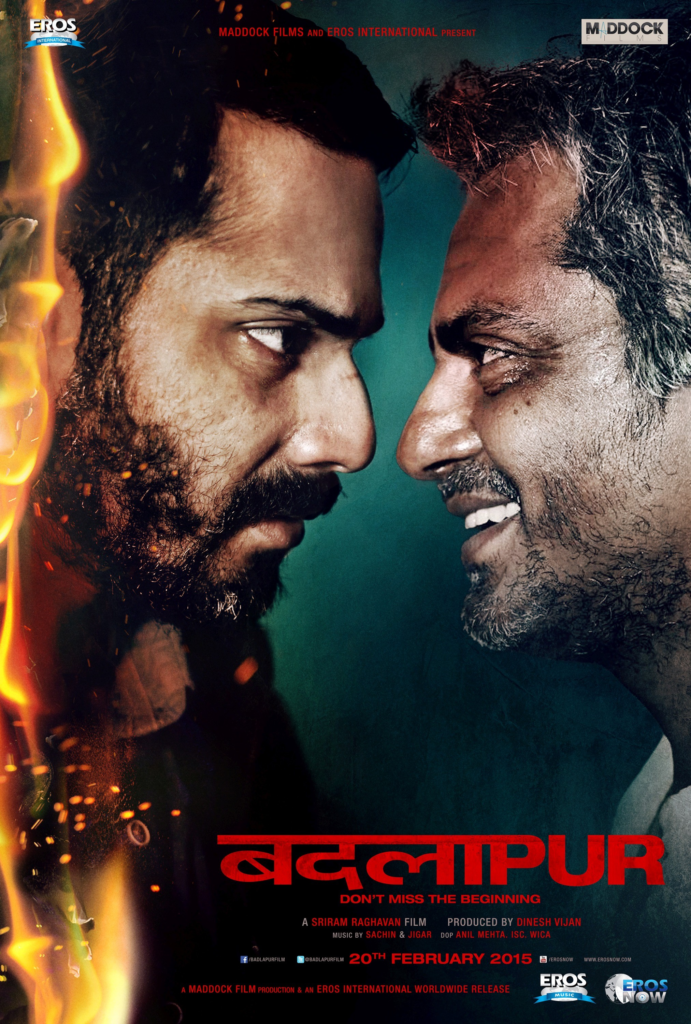
The almost sober, far from celebratory, mood of the film’s denouement made way for the director’s darkest, bleakest film. Badlapur was a brooding tale of crime and cold-blooded cruelty, the certainty of death and unlikely moral redemption – a film only touched in places lightly with a streak of gallows humour. Even as the story of a man seeking revenge for the possibly accidental death of his wife and child, it is nevertheless brave in how, almost audaciously, Sriram Raghavan and his writers twirl the moral compass in the favour of the man responsible for the catastrophe himself.
As the victim, Raghu, once a fresh-faced youngster, hardens into an ice-cold, almost sadistic killer; Liak, the almost slippery and sly-witted criminal, released on parole due to a terminal illness, becomes a man almost capable of honesty and tenderness, even able to reconcile himself with his guilt; in the almost poignant end, like Markheim, the murderous thief in Stevenson’s short story, he willingly surrenders himself to his preordained fate.
Recommended Reads: 10 Recommended Books on Indian Movies for Cinephiles
Badlapur was a film that also baffled some audiences, of how unaccustomed we are to the idea that good and evil can be reversed in their respective places, the pitiable victim suddenly transformed into a pitiless monster, and the monster himself turned into a mere mortal who chooses to die honourably, having done something worthy of his almost unworthy, mongrel-like existence.

It begins with a horrifyingly startling scene of a robbery gone wrong in plain daylight; it ends with a man burnt out to a shell empty of purpose and hope, exhausted of his revenge and in those two hours, Sriram Raghavan matured from the crime paperback into the moral realism of The Master of Ballantrae. It is a little more than half an hour into his fifth film Andhadhun that we are first aware of “a third man” in the story, a man whom only an innocent witness happens to observe and can recognize too.
We almost predict safely that the said witness will die a sudden death, that too set to the startling burst of Beethoven in the background; and while many cite other creative inspirations such as the Coen Brothers, Hitchcock, or even Truffaut, I would like to believe that it is Greene himself, whose influence is felt most unmistakably in this film of both comedic and chilling genius. It is an almost outrageous thriller crammed with more twists than it could control and yet astonishingly, Sriram Raghavan grounds it so skilfully in the very believable, almost spurious calm of the city in which it is set.
Subverting Expectations Repeatedly: All in a Day’s Work
Poona hardly has, at first glance, the simmering atmosphere of any other typical noir landscape; nothing seems to happen in these sleepy, shaded suburbs but unexpectedly, from the afternoon onward, murder and treachery seem to unfold and when the sun sets and the shadows grow, femme fatales wreck their most devious plans, corrupt policemen hunt down hapless men to cover up their secrets and a doctor, who still runs that old, ramshackle clinic with flickering neon lights near the railway station, arrives almost punctually in his old sedan to perform, with almost weary professionalism, a dubious surgery that could even lead to death.
Dr. Yogel went to the cabinet and brought out a tray of knives. Raven said, ‘The light’s bad.’
‘I’m used to it,’ Dr. Yogel said, ‘I’ve a good eye.’ But as he held up a knife to the light, his hand very slightly trembled. He said softly, ‘Lie down on the couch, old man.’
Graham Greene, A Gun For Sale
Dubious doctors, corrupt policemen, and even dangerous women are also some of the elements to be found in Greene’s earliest London thrillers; there’s even a poisoned cup intended to kill a man who knows too much, and more crucially, it is the realism of Sriram Raghavan’s world that is as striking as the one that the author rendered so faithfully.
The policemen who tease the newly married recruit with an almost grim malice in Johnny Gaddar, the doggish, almost hollow-chested plainclothes man tailing Liak relentlessly, even to the cheap cinema in Badlapur – seediness is something that this director can capture so convincingly; these are fallen and mediocre, people thrown away by the civilization and thus on the dangerous edge of things.

It is in Sriram Raghavan’s latest film Merry Christmas, his most romantic to date, that the very protagonist is something of an outcast himself – a mild-mannered man with a dark past, returning, like Arthur Rowe in The Ministry of Fear, to the city of his past, to uncoil his troubled self, in an atmosphere of celebrations only to find himself enmeshed again in a devilish scheme of murder and mystery through the course of the night of Christmas Eve.
It resurrects deftly the languid, lovelorn atmosphere of an older, more unhurried Bombay of the past and it is armed with a secret twist that reminds one of the paradoxical ingenuity of a Chesterton detective story. And as its protagonist almost gives in to his cyclical fate, one cannot help but feel that true to the spirit of a tender murderer, he has crossed the dangerous edge forever.








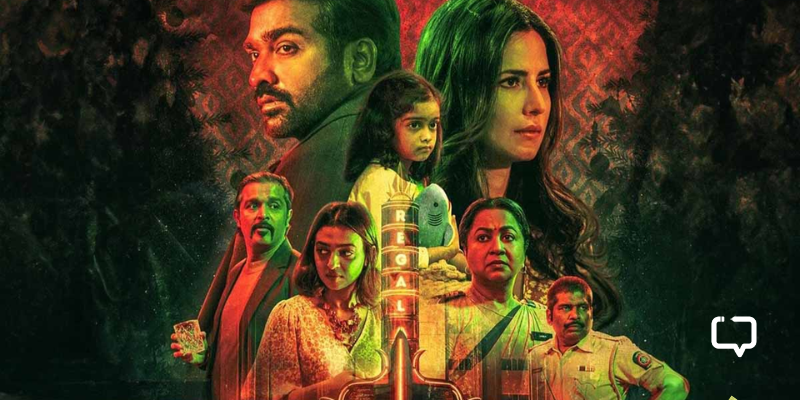



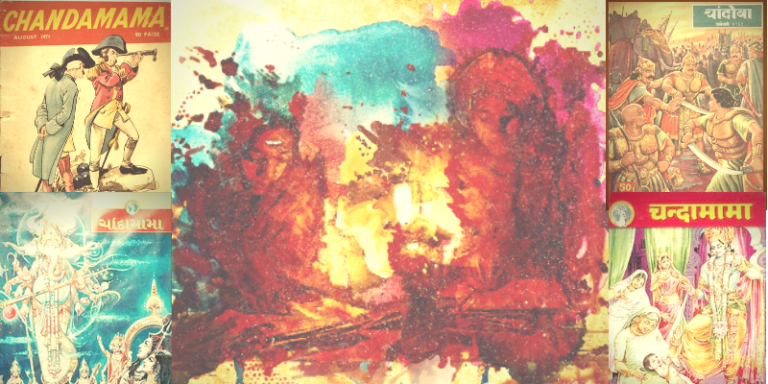


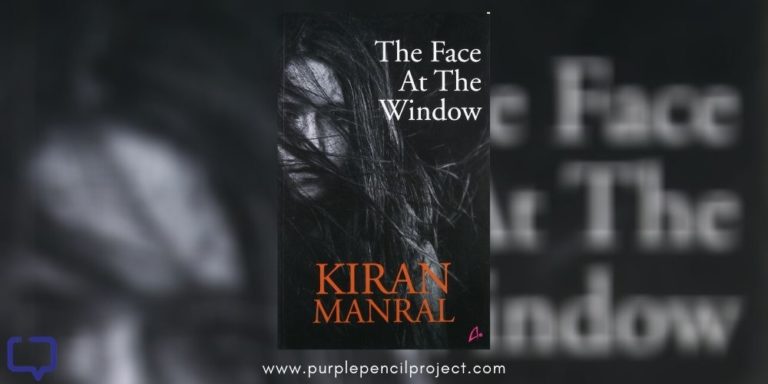
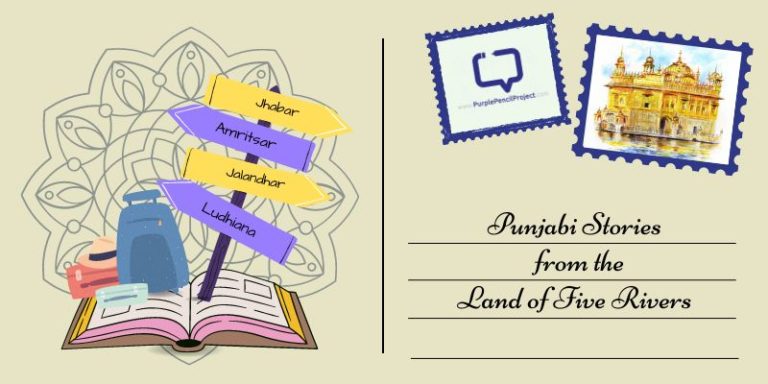


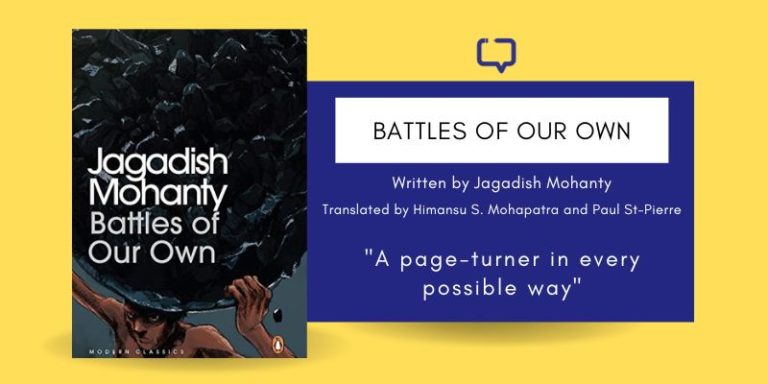



2 Responses
Very well written summing up the varied genre of Raghavan ..
Thank you Abdul, we agree, Zoeb has done a super job